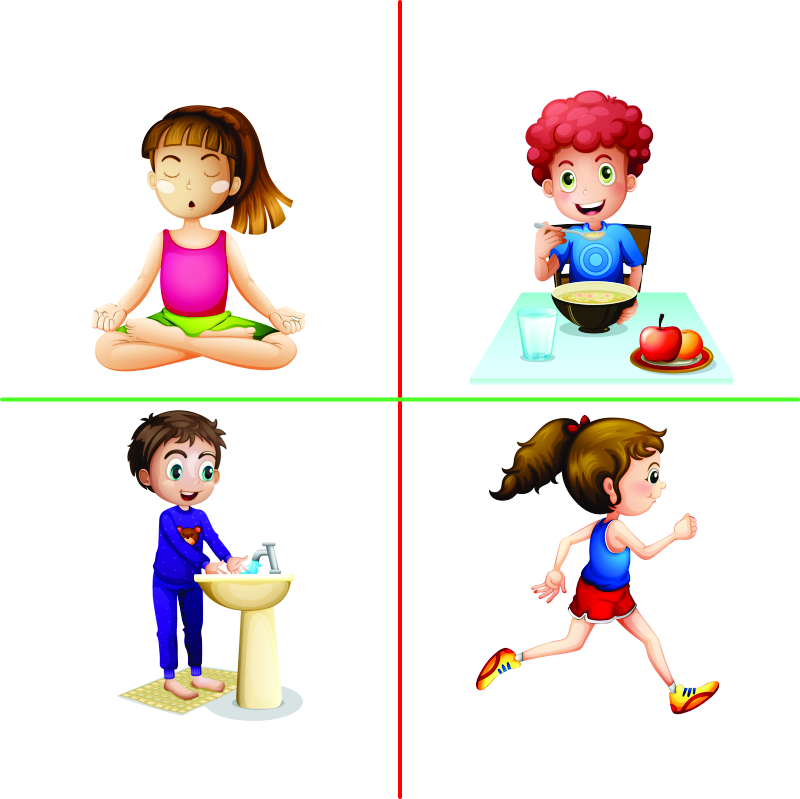Let’s face it—asking questions in class can feel intimidating. You hesitate, the room’s quiet, and your brain’s like, “What if this is a dumb question?” So, you stay silent and decide to look it up later (which, let’s be honest, sometimes never happens).
But here’s the thing: that one question you don’t ask? It could’ve been the key to unlocking the entire topic—not just for you, but for everyone around you.
- Asking Questions = Active Learning
There is a world of difference between sitting through a class and actually engaging with it. When you ask a question, you’re not just listening—you’re thinking, analyzing, and making connections in real-time.
That kind of active learning sticks. It's the difference between *“I memorized it for the test”* and *“I actually get this.”*
- You’re Not the Only One Confused
This is a universal truth: if you’re confused, someone else definitely is too. Probably a bunch of people. They are just too nervous to ask.
By voicing your doubt, you are helping the entire class breathe a little easier. You become the person who’s brave enough to say, *“Wait, can we slow down for a sec?”* And guess what? Everyone silently thanks you for it.
- Teachers Appreciate It (A Lot)
Contrary to what you might think, teachers aren’t there just to lecture. Most of them genuinely *want* to interact, clarify, and make sure their students are actually understanding the material.
- It Builds Confidence That Pays Off Later
Whether it’s in a meeting, a job interview, or a one-on-one with your manager, asking the right questions shows curiosity, initiative, and confidence. It proves you’re not just going through the motions—you’re actually trying to understand and improve.
- Bottom Line: Silence Doesn’t Always Mean Smart
There’s this myth that the smartest person in the room is the one who stays quiet and just “gets it.” In reality, the smartest person is usually the one who *asks* the most questions—because they’re not afraid to admit what they don’t know.
???? Final Thought
So next time you're stuck on something in class, do yourself (and everyone else) a favor—ask the question. Raise your hand. Speak up.
You’ll learn more, understand deeper, and walk out feeling like you *owned* your education, instead of just surviving it.









.jpg)









